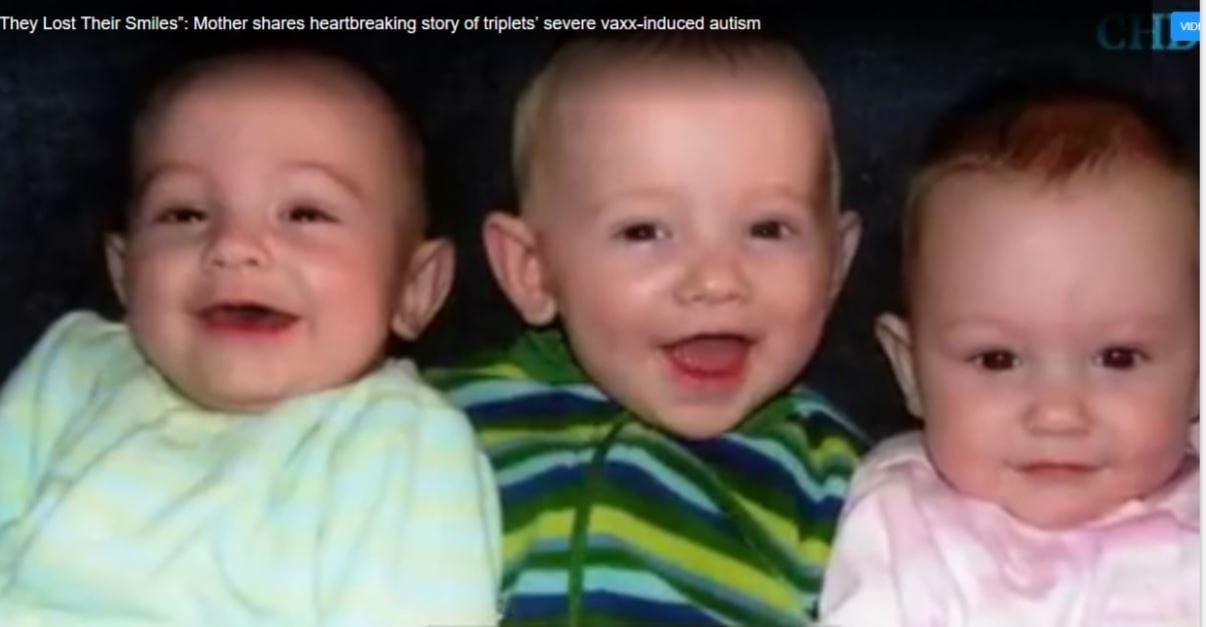'In a Town Where Everyone Knows Your Name': Breaking mental health stigma in rural communities
LAPEER COUNTY COMMUNITY MENTAL HEALTH
LAUREN GRESCHAW
MARKETING COORDINATOR LCCMH
In a town where everyone knows your name, asking for help may feel impossible. That feeling is often rooted in stigma. That invisible barrier keeps people from seeking the mental health support they need. According to the CDC, “Stigma refers to negative attitudes, beliefs, and stereotypes people may hold towards those who experience mental health conditions. Stigma may also drive negative attitudes and beliefs surrounding mental health, which can affect motivation to seek mental health treatment and care.”
For those living in rural communities, the experience of stigma can be especially isolating.
When privacy is scarce and news travels fast, walking through the doors of a local clinic may feel like putting your struggles on public display. This fear often leads individuals to suffer in silence, delaying or avoiding treatment altogether.
Understanding the roots of stigma is the first step toward dismantling it. One major factor is a lack of mental health education. When people are not taught about mental health the same way they are about physical health, misunderstanding and fear can take hold.
Cultural norms also play a role. In many rural areas, self-reliance and resilience are deeply valued, and asking for help may be seen as a sign of weakness. People are often taught to “tough it out” rather than talk it out.
Another barrier is fear of judgment. In close-knit communities, people may worry about being seen at a mental health clinic or being the subject of gossip. There is also limited exposure to mental health services in many rural areas, which means people rarely see others openly seeking therapy or discussing their mental well-being. This can reinforce the harmful idea that mental illness is rare or shameful. In rural areas people are limited to the number of resources which means everyone goes to same location which limits your likelihood of privacy. Longstanding religious or generational beliefs may further compound the stigma, framing mental health struggles as personal failings or something that should be kept private.
When stigma prevents people from accessing care, the consequences can be serious. Mental health symptoms may worsen over time, individuals might turn to unhealthy coping mechanisms, and feelings of isolation and hopelessness can grow. Suicide rates, which are often higher in rural areas, may rise when people are unable or unwilling to seek help. But mental health is just as important as physical health. Asking for help is not a weakness but an act of strength and self-awareness. No one should have to navigate life’s challenges alone.
The good news is that support is out there. Thanks to growing awareness and telehealth advancements, mental health care is becoming more accessible, even in rural areas.
National resources include SAMHSA’s National Help-line (1-800-662-HELP), a confidential 24/7 support line, and the 988 Suicide & Crisis Lifeline, which provides immediate support by call or text. Rural Minds (ruralminds.org) is a nonprofit focused on mental health education in rural communities, while the National Alliance on Mental Illness (NAMI) offers support, education, and advocacy across the country. Lapeer County Community Mental Health (LCCMH) is also a local option. You can call LCCMH at 810-667-0500 or walk in during business hours. Many providers also now offer telehealth services, giving individuals in rural areas access to therapy without having to travel long distances.
Breaking the stigma starts with all of us. It starts with small, meaningful conversations like checking in on a neighbor, discussing our experiences, challenging myths, and encouraging each other to seek help when needed. Mental illness is not a character flaw. No matter how small the town is or how strong the silence is, you are not alone. Help is out there, and recovery is possible.











